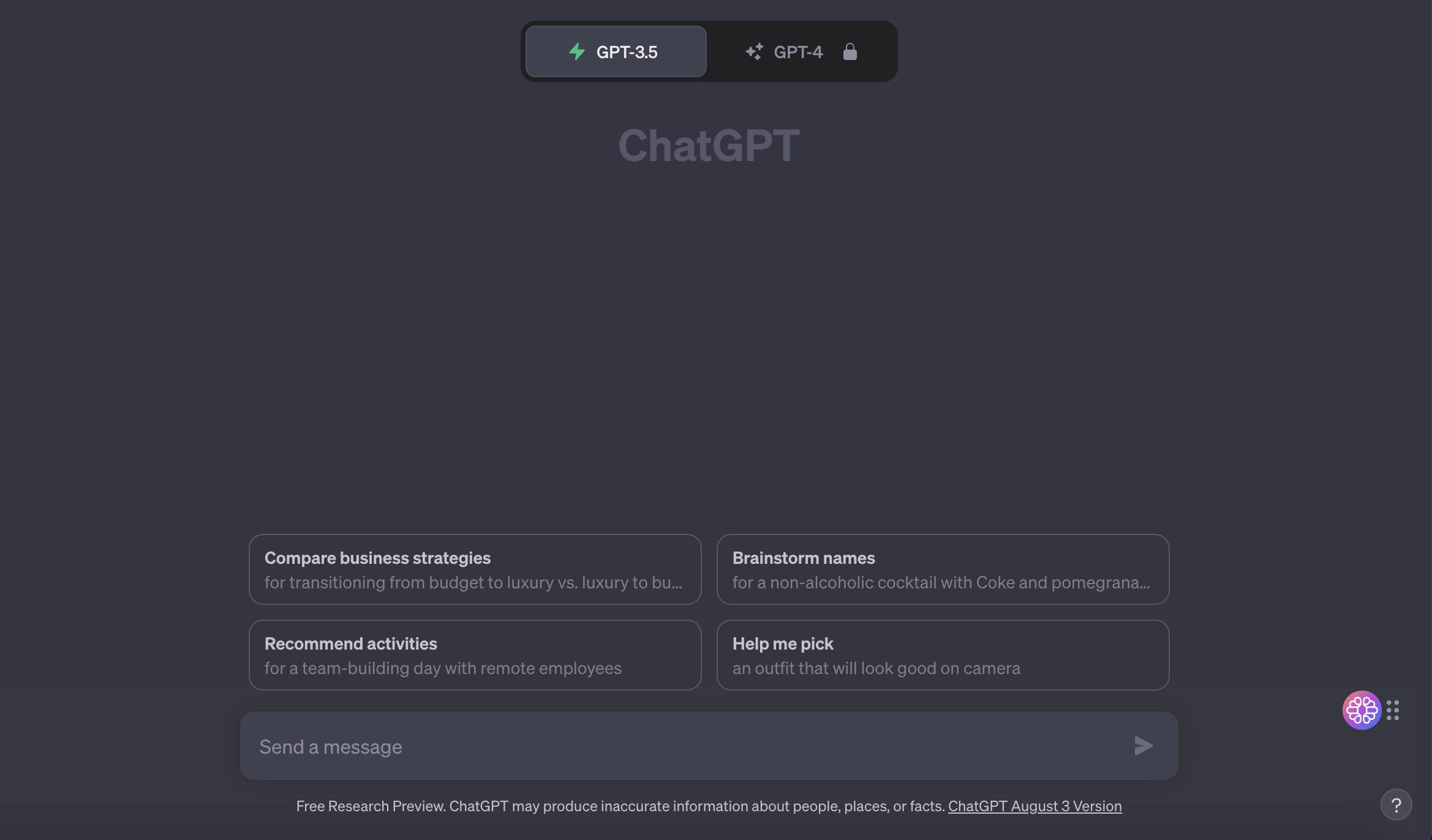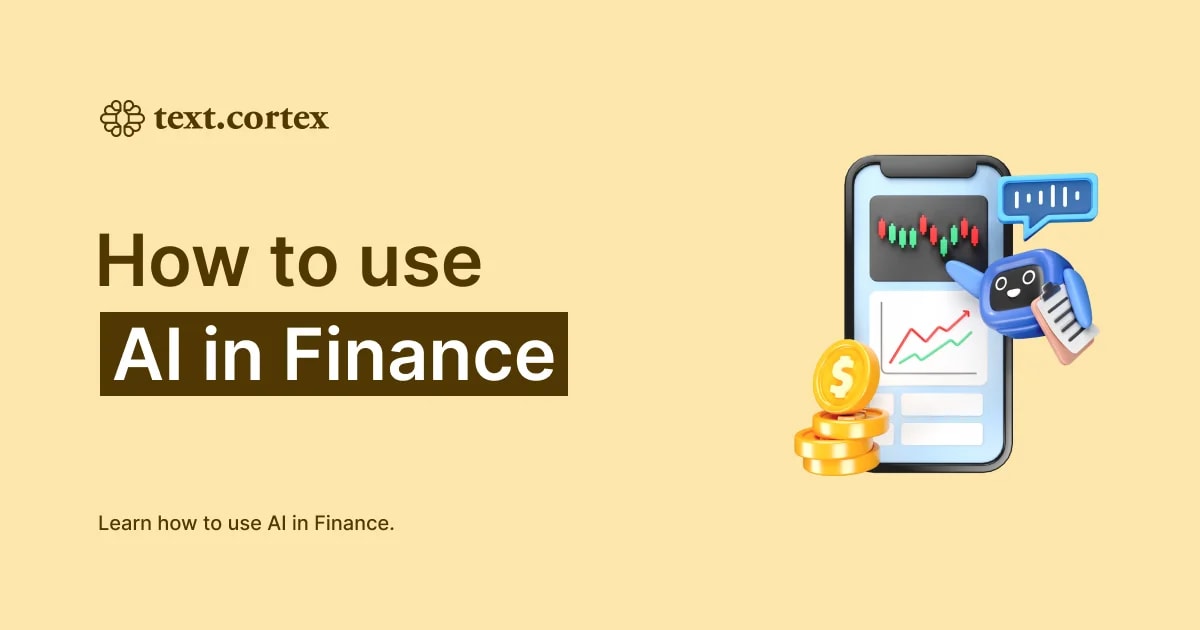Non-profit organizations and charities are dedicated to making a positive impact on society, but their success relies heavily on effective communication with stakeholders, donors, volunteers and beneficiaries.
With often limited resources and manpower, it can be challenging for these organizations to keep up with the increasing demands of communication. This is where ChatGPT and other AI tools can come in as game-changers.
In this article, we will explore the ways in which ChatGPT is revolutionizing non-profit and charity communications, and how it is helping these organizations to maximize their impact and reach their goals.
TL;DR - Summarized by TextCortex
- Non-profit organizations and charities are dedicated to making a positive impact on society.
- However, it can be challenging for these organizations to keep up with the increasing demands of communication.
- This is where ChatGPT and other AI tools can come in as game-changers.
- The main advantages of AI include automation, the chance to increase fundraising efforts and examining great quantities of data to obtain information that can aid in making sound decisions.
- ChatGPT can be used by nonprofits and charities for personalized communication, data analysis and volunteer management.
- TextCortex has the advantage of being a fully customizable AI tool and the ideal example of an AI technology that can support nonprofit organizations and enhance their overall impact.
- The main features that can be leveraged to amplify nonprofits’ impact are ZenoChat, Knowledge Bases and Custom AI Personas.
If you are looking to benefit from the TextCortex for Nonprofit Organizations program, apply here.
Artificial Intelligence
Artificial intelligence (AI) is a rapidly growing field in computer science.
It involves the development of intelligent machines that can perform tasks that typically require human intelligence, such as visual perception, speech recognition, decision-making, content generation and language translation.
But how is that currently helping nonprofits and charities?
Maximizing impact
One of the key benefits of AI is automation: this means that nonprofits and charities are able to rely on AI tools to automate several tasks and free up staff time to focus on higher-level work.
Some of these tasks can include automating donor emails, tracking event registrations and general social media interactions.
Increased fundraising efforts
Conversational AI platforms can easily scale interactions between charities and customers or donors, improving the segmentation process.
Imagine being able to analyze donor data and produce effective patterns or preferences: any fundraising could be boosted and outreach efforts personalized to increase engagement.
Enhanced decision-making
The utilization of AI can assist these institutions in examining great quantities of data and obtaining valuable information that can aid in making sound decisions and enhancing organizational functions.
For example, AI can be used to identify areas of inefficiency or waste, enabling organizations to make data-driven decisions on how to allocate resources more effectively.
The Benefits of Leveraging ChatGPT
ChatGPT can help charities and non-profit organizations engage with donors and supporters in a more effective and efficient way.
Whether they are looking to improve donor communications or streamline different operations, ChatGPT can help take such organizations to the next level.
What is ChatGPT?
ChatGPT is a platform that is designed to provide users with a conversational interface to interact with various services and applications.
It is an innovative tool that is becoming increasingly popular among businesses and individuals who want to streamline their communication processes and improve their customer experience.
One of the key features of ChatGPT is its natural language processing (NLP) capabilities: this allows the chatbot to understand and interpret human language, making it easier for users to communicate with the platform.

Personalized communication
ChatGPT can be programmed to provide personalized communication to donors based on their interests and giving history. This can help charities to build stronger relationships with their supporters and encourage them to give more.
The chatbot can also be programmed to interact with donors and answer their questions. It can also learn about donors' preferences and tailor its responses accordingly.
By providing personalized communication, charities can build stronger relationships with their donors: this can lead to increased donor retention rates and encourage donors to be more involved.
Data analysis
ChatGPT is able to extract meaningful insights from large amounts of data, allowing organizations to better understand their donors and tailor their fundraising efforts accordingly.
Therefore, ChatGPT can be used to analyze data from various sources, such as social media and email marketing campaigns, to provide insights into donor behavior and preferences: this can help charities to develop more effective fundraising and marketing strategies.
Volunteer management
Many charities rely on the help of volunteers to fulfill their mission. However, managing volunteers can be a time-consuming and challenging task. That’s where ChatGPT can come in to assist.
Charities can make use of the chatbot for managing volunteers by providing information on available opportunities, tracking volunteer hours and answering questions about the organization. This can help to streamline the volunteer process and improve overall engagement.
TextCortex AI Brings A Greater Impact
While artificial intelligence cannot replace the human qualities of empathy and passion, it can certainly complement and enhance them.
By combining these qualities with AI tools, nonprofits and charities can better overcome challenges and achieve their goals for making a positive impact in the world.
TextCortex is an ideal example of such an AI tool that can support nonprofit organizations and enhance their overall impact.
ZenoChat
Our fully personalized virtual assistant ZenoChat can help support charities and nonprofits in a number of ways.
As an AI-powered virtual assistant, ZenoChat can provide personalized recommendations to donors on how they can make the most impact with their donations. It can also help to handle inquiries from donors, volunteers and the public, reducing the workload on staff and freeing up time to focus on other tasks.
ZenoChat can also be used to identify and respond to emerging trends in the charity sector, such as changes in donor behavior or new fundraising opportunities, which can help charities to stay ahead of the curve and maximize their impact.
Knowledge Bases
Our Knowledge Bases give users the chance to upload their personal documents and access the information they hold directly within ZenoChat.
Knowledge bases can be used to provide information on various topics related to the charity's mission, such as how the charity is making an impact, how donations are being used, and how to get involved. ZenoChat can then use the information to provide answers to common questions and provide information to donors and volunteers in real-time.
Additionally, ZenoChat can provide training and support to staff and volunteers, helping them to be more effective in their roles and achieve better outcomes for the organization.
Custom AI Personas
You can personalize ZenoChat's communication through our Custom Personas feature.
Custom AI personas can be tailored to the specific needs of the charity and can help to improve donor engagement and participation.
For example, a custom persona could be created to represent a specific cause or campaign, such as a persona for a charity's disaster relief efforts or a campaign to end homelessness. The persona can be programmed to provide personalized communications to donors and volunteers based on their interests and giving history, which can help to build stronger relationships with supporters and encourage them to give more.

%20(23).png)


%20(4).png)

%20(12).png)